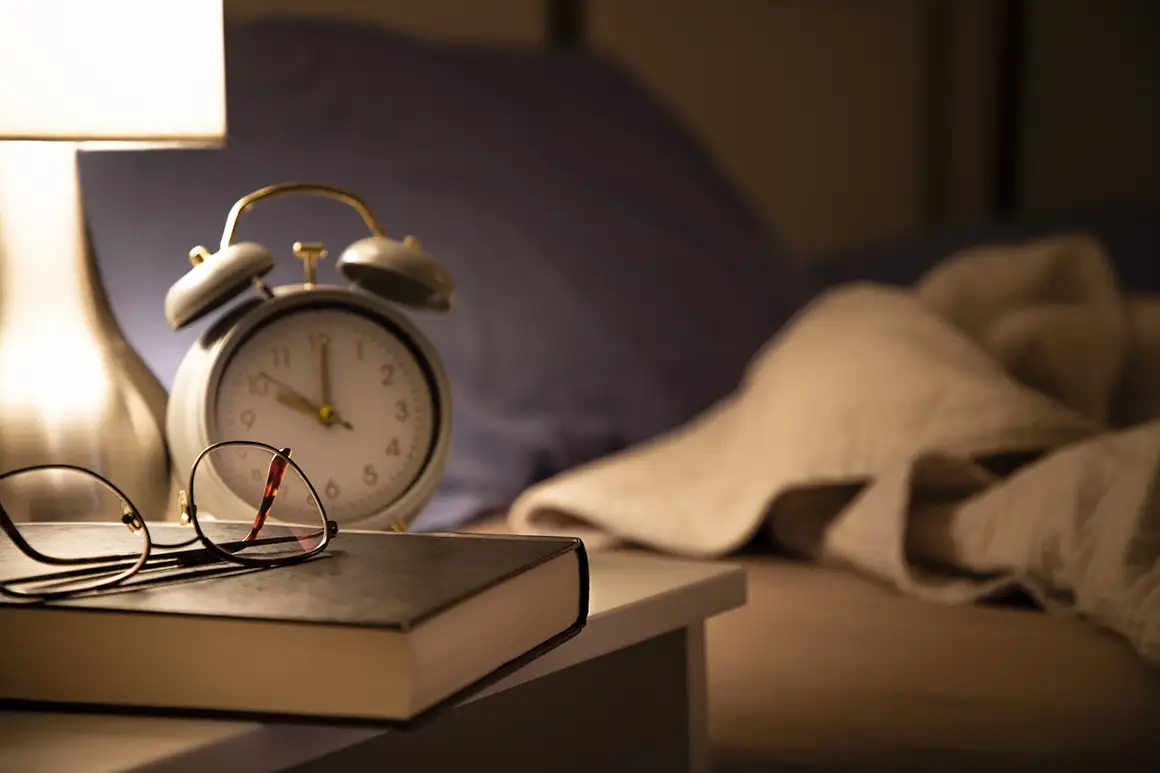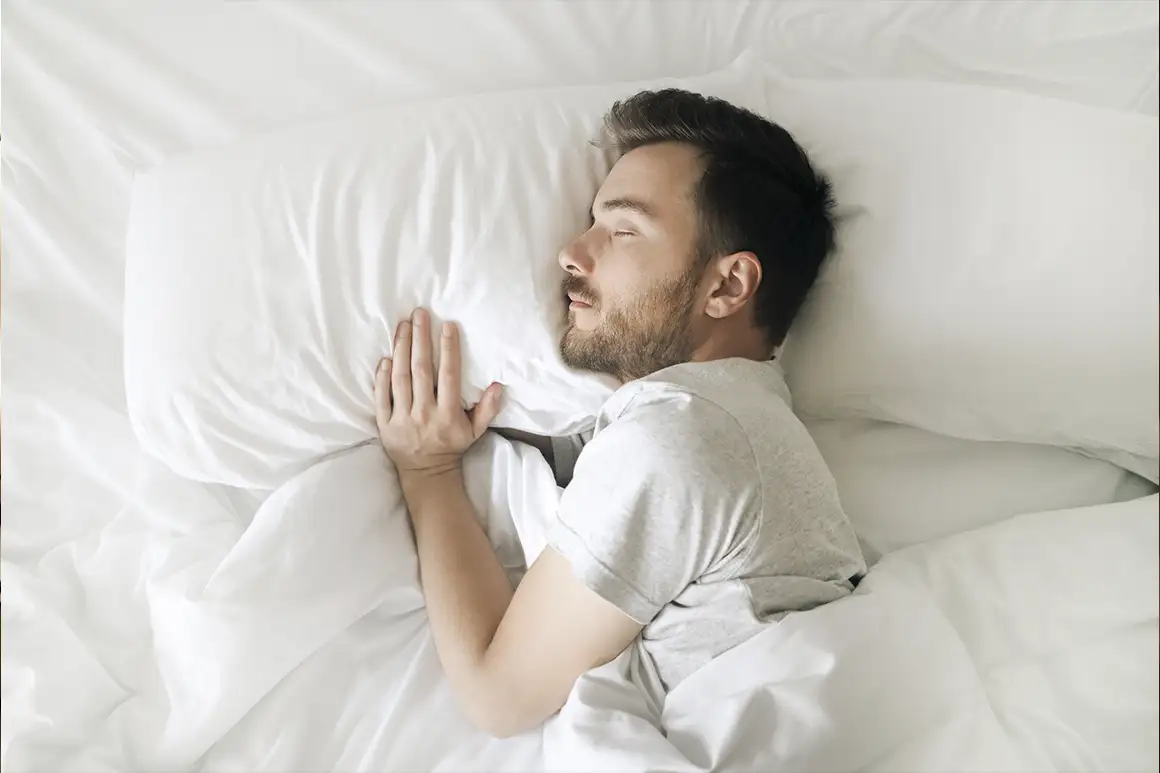
What is blue light from electronic devices and how does it affect our eyesight?
It is visible light produced by the sun and also emitted by mobile phone screens. It can cause visual fatigue and dry eyes and even interfere with sleep.
WhatsApp messages, work emails, Instagram stories and reels, films, and TV series... The unlimited range of options we can watch on our phone, computer, and tablet screens (in addition to watching television) turn our eyes into spectators of moving images and constant sources of stimuli.
This avalanche of information can overload us mentally and visually. All these devices emit blue light, a type of visible light with a short wavelength and high energy which falls within the electromagnetic spectrum that our eyes can perceive.
The sun produces blue light naturally, but it is also emitted by most of the electronic devices we use daily. In small doses, this light is harmless, but prolonged exposure (which tends to be the case for most of us, given our use of technology) can be harmful.
How blue light affects our eyesight
In addition to visual fatigue and dry eyes, excessive exposure to blue light has other negative consequences. The main ones are:
- Eyesight problems. In addition to visual fatigue, blue light can cause dry and irritated eyes, blurred vision, and headaches. Some studies even claim that prolonged exposure to blue light can increase the risk of eye diseases such as age-related macular degeneration (AMD).
- Insomnia. Exposure to blue light, especially at night, can disrupt the production of melatonin, the hormone that regulates sleep. If we spend many hours in front of a screen, the brain interprets that blue light as a signal that it is daytime, which interferes with our circadian rhythms.
Can we shield ourselves from blue light?
Yes, we can. Certain daily habits help to protect our eyes from blue light. Here are some practical recommendations:
In addition to avoiding excessive screen use, particularly before bedtime, the following tips will help you fall asleep:
Tips for a good night's sleep

Set a regular sleep schedule
1 of 5
Try to go to bed and get up at the same time every day, including weekends. This will help you regulate your biological clock.

Select a good mattress and pillow
2 of 5
The mattress should be firm and breathable, and the pillow should be ergonomic. Posture will also influence the quality of your sleep. The best option is to sleep on your side to keep your spine well aligned and reduce the risk of back and neck pain.

Avoid big dinners
3 of 5
Do not eat too much before going to bed and try to have your evening meal a couple of hours before going to bed to allow for proper digestion. You should also avoid alcohol and caffeinated drinks at night, as they may interfere with your rest.

Avoid sports just before bedtime
4 of 5
Although exercise is beneficial and necessary for our well-being, just before going to bed is not the best time for strenuous activity.

Relax before bedtime
5 of 5
If you can, read, listen to relaxing music, meditate or do deep breathing exercises before going to bed.




